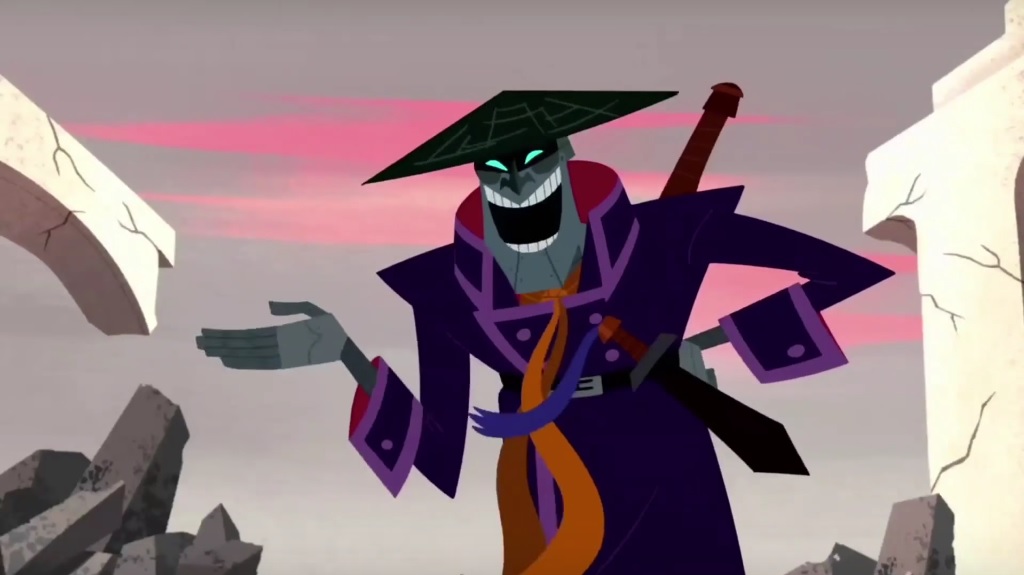

I can’t really compare it with the previous book as I left too long a gap between the two and don’t really remember all the details of the first except the broad plot and that I did enjoy it. I enjoyed this sequel which was an engrossing read. The atmosphere of the reign of terror in which the book is set is well described-power structures are precarious, the whole scenario inflammable in a sense (any spark can set it off), and the common people seem to merely have found one set of despots replaced with another (as Andre-Louis himself writes at one point). We meet Robespierre and Desmoulins and Danton is certainly present even if we don’t come face to face with him. The book does a good job of weaving in the characters and their stories with historical figures.

He is concerned about and does not wish to harm the innocent but quite ruthless and relentless when it comes to the corrupt and corruptible. Andre-Louis (who briefly reprises his Scaramouche avatar) is cold and calculating-determined to bring about the downfall of the revolutionaries. While he has certainly not ‘switched’ sides entirely, he begins to find himself disillusioned with the revolutionaries as well, and soon working with a group that seeks to restore monarchy (for the most part in order to be able to marry Aline, who finds herself not only the object of the Regent’s unwelcome attentions but a pawn in a power struggle of sorts in the court). de Kercadieu, and Mme and M Plougastel and finds himself now among the nobility and the court who he was so far opposing in a sense. This sequel to Scaramouche opens pretty much where we left off in the first book-Andre-Louis had rescued Aline, M. Other famous works by Sabatini are The Lion's Skin (1911), The Strolling Saint (1913) and The Snare (1917). He is best known for his world-wide bestsellers: The Sea Hawk (1915), Scaramouche (1921), Captain Blood (1922) and Bellarion the Fortunate (1926). " In all, he produced thirty one novels, eight short story collections, six nonfiction books, numerous uncollected short stories, and a play. He consciously chose to write in his adopted language, because, he said, "all the best stories are written in English. Sabatini was a prolific writer he produced a new book approximately every year. He wrote short stories in the 1890s, and his first novel came out in 1902. After a brief stint in the business world, Sabatini went to work as a writer.

He quickly added a sixth language - English - to his linguistic collection. By the time he was seventeen, he was the master of five languages. At a young age, Rafael was exposed to many languages. Rafael Sabatini (1875 - 1950) was an Italian/British writer of novels of romance and adventure.


 0 kommentar(er)
0 kommentar(er)
